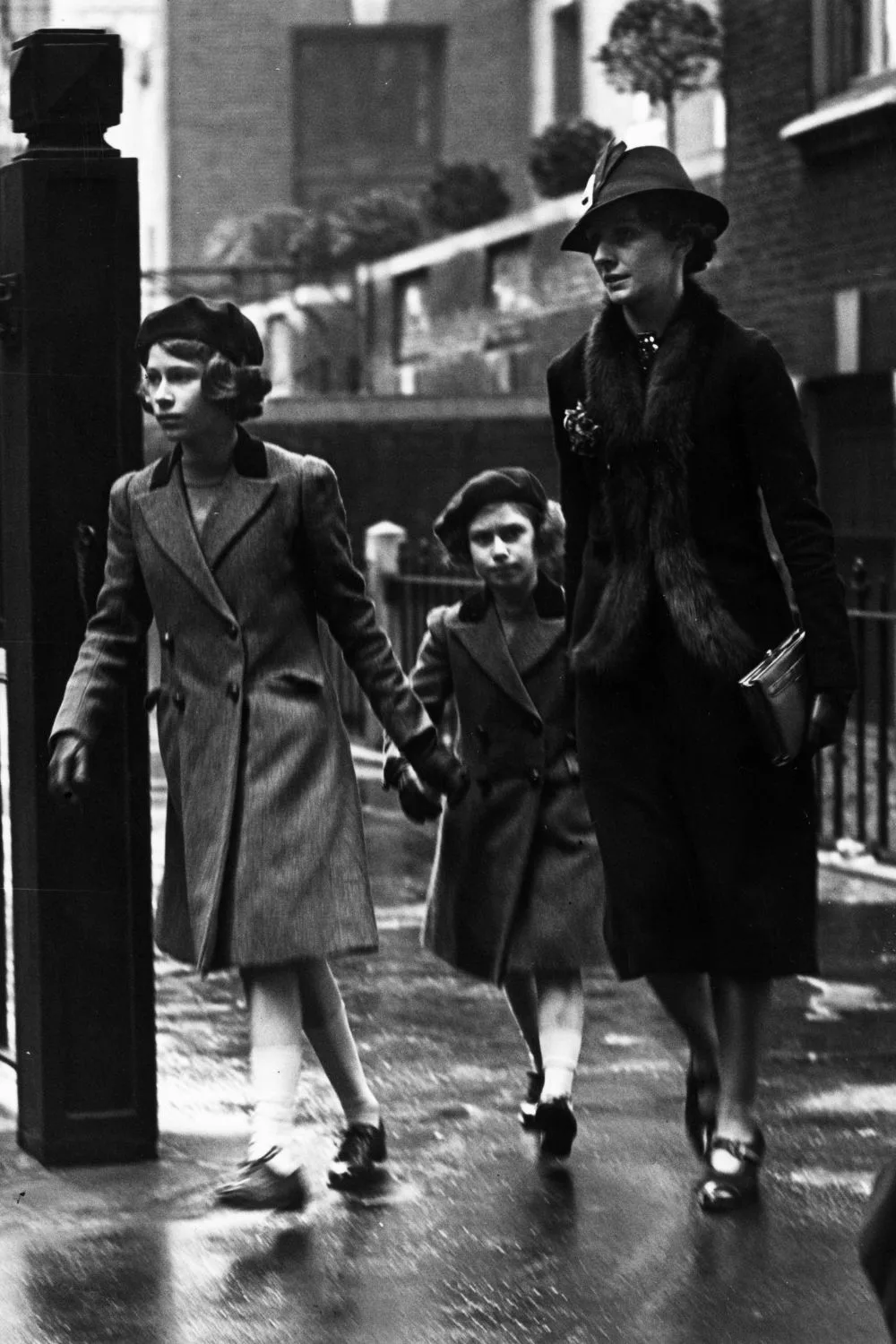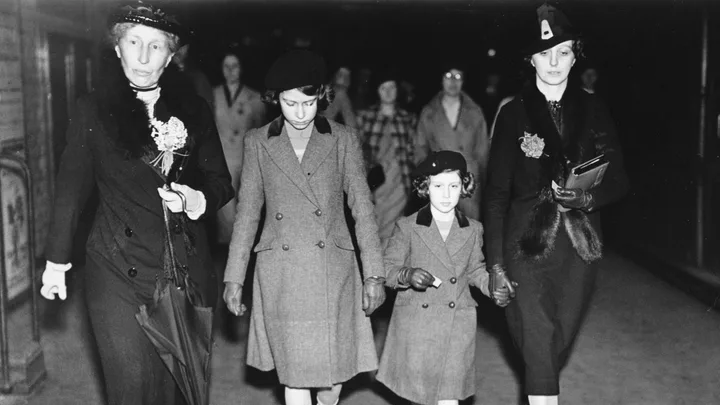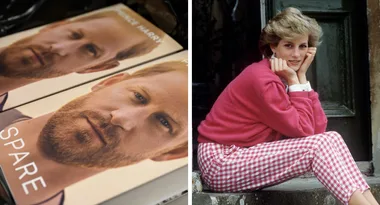Long before Spare and Diana: Her True Story, a memoir published in 1950 portrayed such an intimate portrait of the royal family that it completely ruined the author’s relationship with them.
It is the story of Marion Crawford, author of The Little Princesses and governess of then Princess Elizabeth and Princess Margaret, which is the subject of a new play opening in Sydney today.
“I’ve always just been really interested in the royal family,” the playwright Melanie Tait tells New Idea. “I’d always known about this story, and was surprised that it was never put into The Crown or anything like that.”
Tame, but revolutionary
For Melanie, Marion Crawford’s book changed things for the royal family because it was the first time we were shown inside the palace.
“It’s tame and even a bit sicophantic,” she admits, “there’s no huge scandals in it or anything like that.
“But the fact it was somebody who’d been so close to them for so long, writing about how they took their morning tea and stuff like that, was kind of revolutionary at the time.”
And while there have been several royal memoirs since, Melanie still believes it has a place in the top three. She names Melanie Crawford’s – or Crawfie, as she was affectionately known – The Little Princesses, Andrew Morton’s Diana: Her True Story and Prince Harry’s Spare as the main three memoirs that changed things for the royal family.

The backlash
Melanie’s play The Queen’s Nanny focuses on the relationship between Crawfie and The Queen Mother while the scandal of the memoir erupts.
According to Melanie, the fallout of the book’s publication is “a complicated little story”, which is what she loved about it.
“She thought the Queen Mother would support the book because it is so inoffensive. And of course, that’s not what happened.”
According to Time Magazine, the Queen Mother agreed that Crawfie could act as an advisor for the story and be paid by the Ladies’ Home Journal, a US publication which originally approached Crawfie and serialised the story, as long as her name didn’t appear.
The Queen also said in a letter in 1949 to Crawfie: ““I do feel, most definitely, that you should not write and sign articles about the children, as people in positions of confidence with us must be utterly oyster. If you, the moment you finished teaching Margaret, started writing about her and Lilibet, well, we should never feel confidence in anyone again.”
When the Queen was shown the book, she told the publishers that Crawfie had “gone off her head”.

A true portrait of the royals
While the book was tame by today’s standards, it has firmly earned its place in royal history.
In fact, it’s frequently cited in biographies because of the sheer amount of details included about Queen Elizabeth II’s childhood.
“Everything we know about Queen Elizabeth II’s childhood comes from that book,” says Melanie. “You will not find a biography about Queen Elizabeth II without Crawfie in the index.”
Melanie also did a lot of research into the Queen Mother to get her character right for the play.
“She was so funny!” She said. “My favourite quote in one of her letters was when she signed off “Tinkety tonk old fruit, & down with the Nazis!”
You can watch The Queen’s Nanny from the 6th September 2024 at the Ensemble Theatre in Sydney. Tickets available here.



